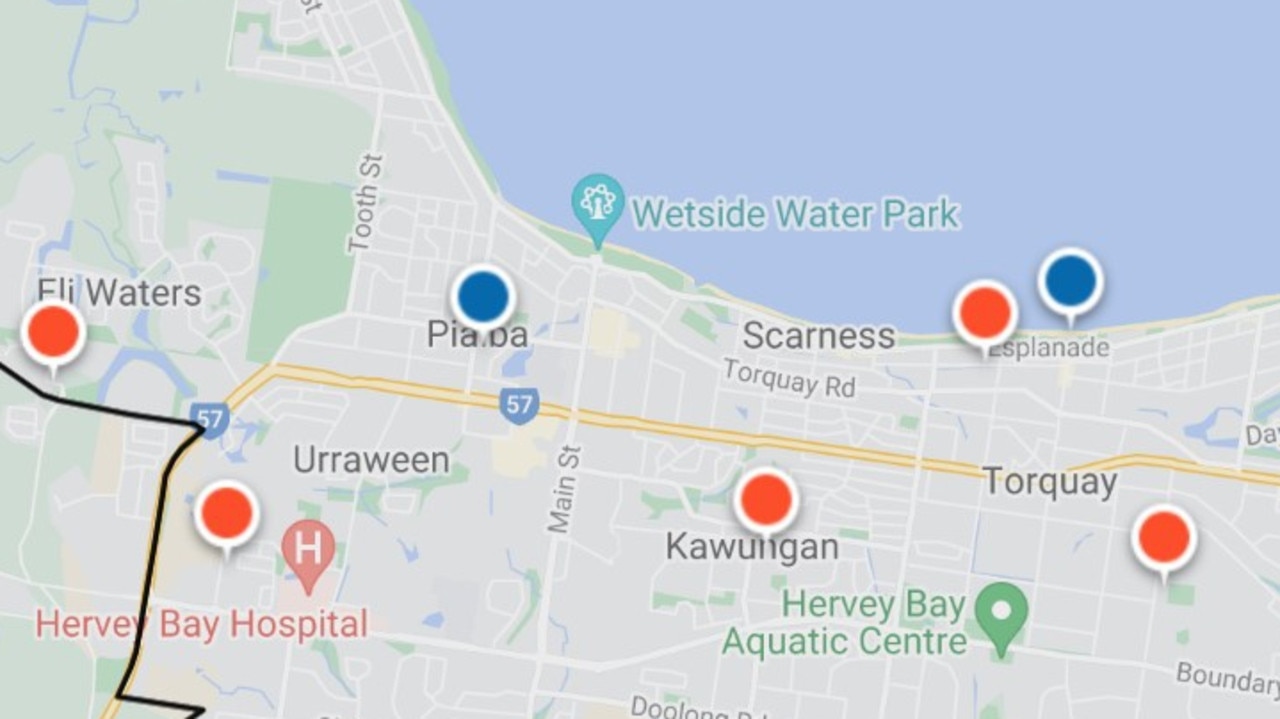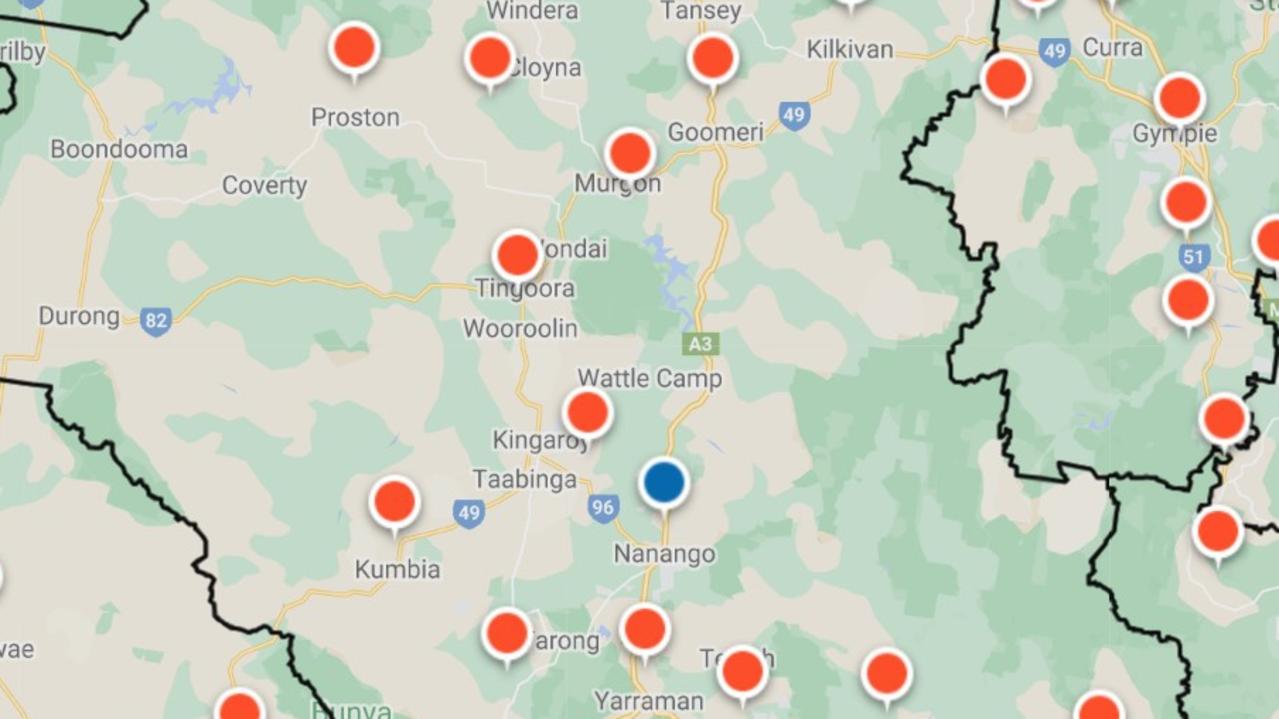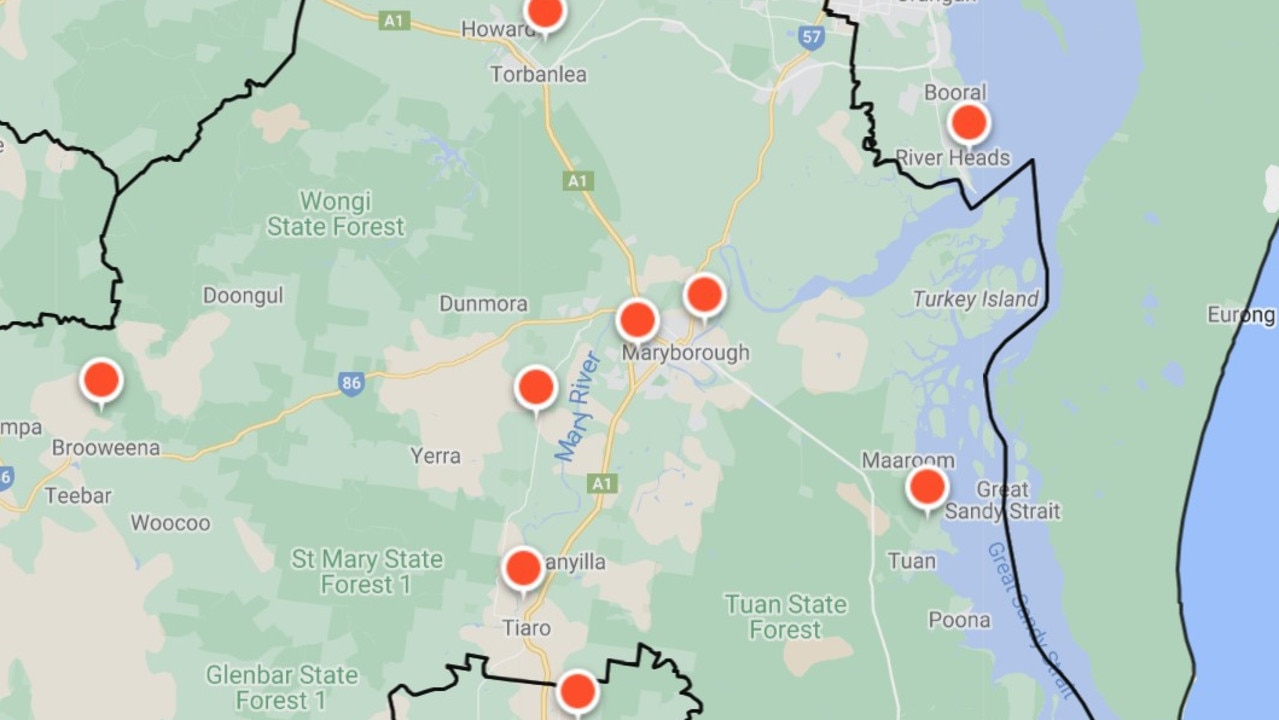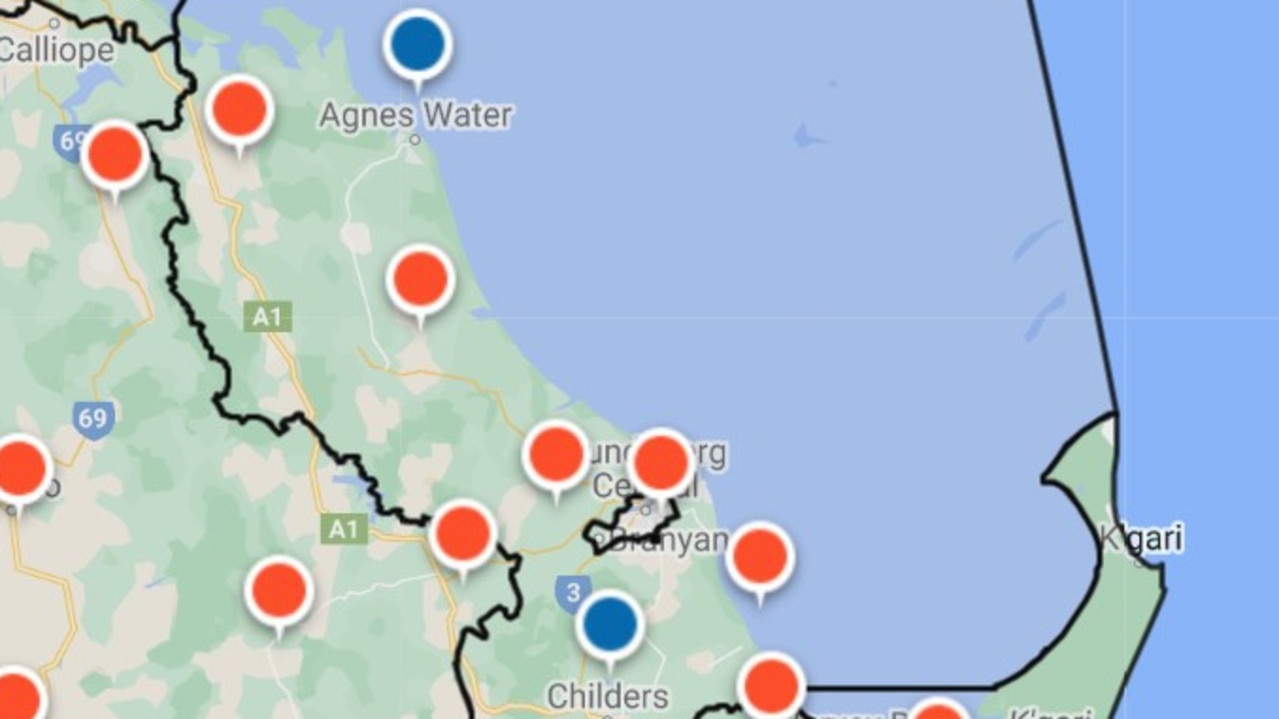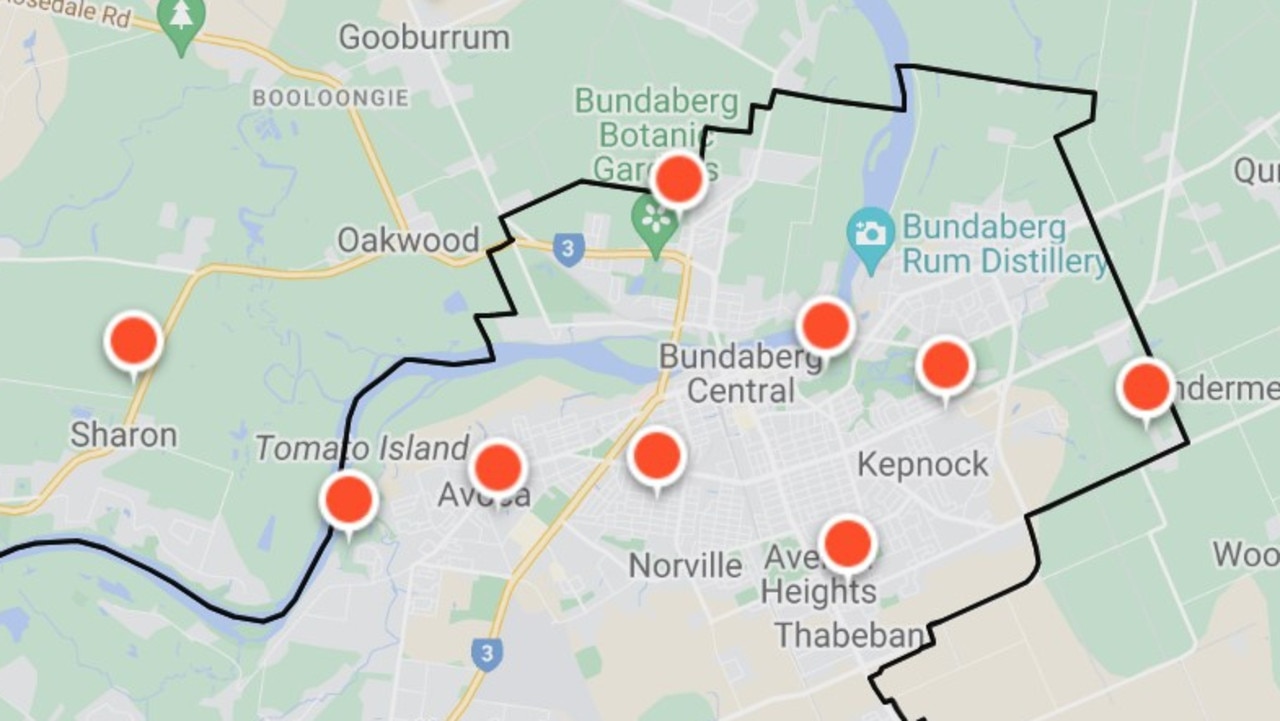Time for some coal, hard facts about reducing CO2
Australia has the ability to help reduce both global emissions and poverty in developing countries, all with it being good for our own economy.
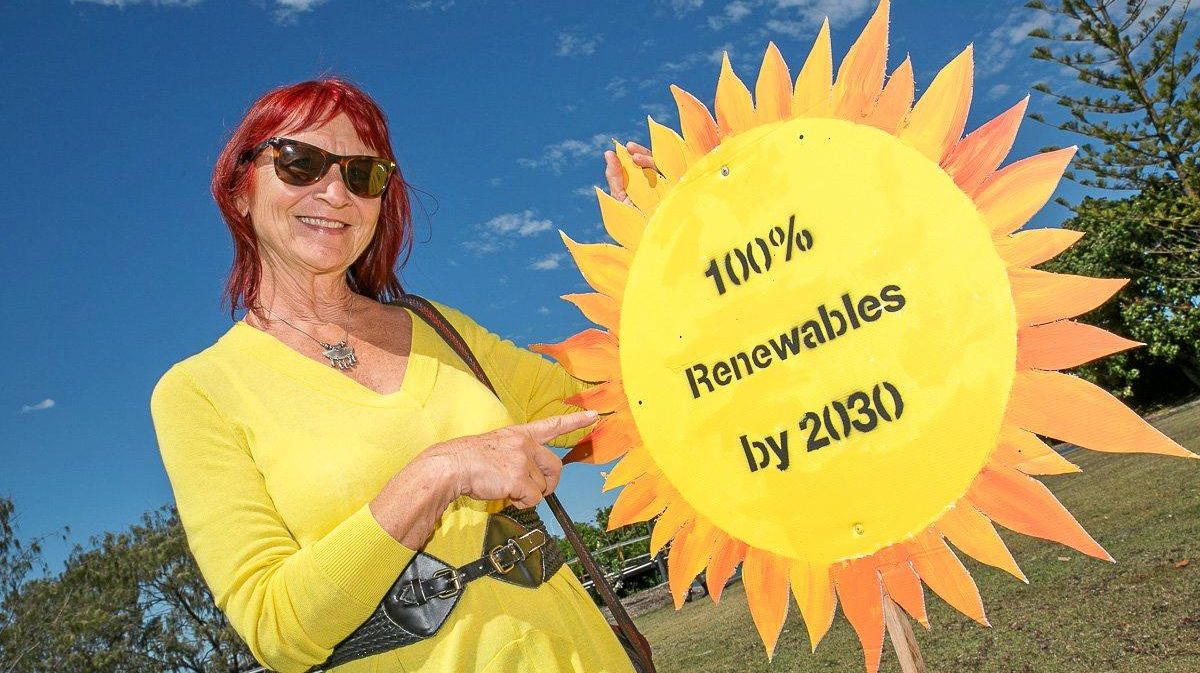
Central & North Burnett
Don't miss out on the headlines from Central & North Burnett. Followed categories will be added to My News.
AUSTRALIA stands at number 16 in the world for total CO2 emissions and only Saudi Arabia emits more than us per person.
Surely that means our primary focus should be reducing those emissions - or does it?
The world's largest emitter of CO2 is China, and not just by a country mile, by a national highway.
According to 2015 data from the International Energy Agency, China emits 9 billion tonnes of CO2 per year, followed by the USA at 5 billion tonnes.
India is third at 2 billion tonnes, five times that of Australia which emits 381 million tonnes of CO2 from coal, natural gas, oil, industrial waste, non-renewable municipal waste and other fuel combustion.
Logically, by selling our significantly cleaner coal to India, we can have more impact on reducing total global emissions than we ever could by simply cutting our own.
The cost to the national economy for Australia to cut CO2 emissions to any point of actual impact is enormous and the upward pressure on electricity costs for business and households is potentially disastrous.
If the threat to the Great Barrier Reef is from burning fossil fuels and the resultant global warming, wouldn't working to reduce India's much higher carbon emissions have a more positive effect on the health of the reef?
The lobbyist weapon of choice, legal battles, are rudely expensive and that's money that could be spent on vital research or developing ideas into practical solutions.
Complex problems demand intelligent solutions, not political ones.
There's an estimated 30 million households in India still not connected to the power grid.
That's millions of children being denied access to a proper education and millions of women not able to move out of poverty.
With an intelligent approach to this transition period we are in globally, Australia has the ability to help reduce both global emissions and poverty in developing countries, all with it being good for our own economy.
And for now, it's coal that has that potential.
India has one of the most aggressive approaches to renewable energy on the planet - but it's not going to happen next week.
Few doubt that education is key to a healthier and more equitable future, but without reliable access to electricity, billions of people will remain in the dark, in a literal and intellectual sense.
The solutions must be looked at in a global context and run much deeper than the 'coal is good' or 'coal is bad' mentality.
Before you turn up to the next rally, stand back and ask yourself, am I really helping here or am I perpetuating the problem with my blinkers on?
Originally published as Time for some coal, hard facts about reducing CO2

